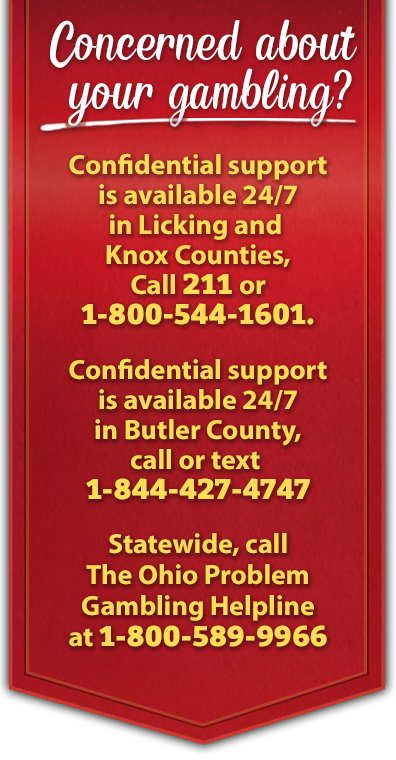What are causes and risk factors for gambling addiction?
When contemplating why people gamble, it is important to understand that there is usually no one specific cause for pathological gambling. Some potential exceptions include the observation that some individuals who are given medications that treat Parkinson’s disease or restless legs syndrome (including pramipexole [Mirapex]) have been observed to develop impulse-control disorders like compulsive gambling, shopping, or sexual behaviors. The theory about that connection involves the increased activity of the chemical messenger dopamine in the brain. Another example where compulsive gambling may have a single cause is in bipolar disorder since exorbitant spending, including in the form of compulsive gambling, may be a symptom of bipolar disorder.
Much more commonly, gambling addiction, like most other emotional conditions, is understood to be the result of a combination of biological vulnerabilities, ways of thinking, and social stressors (biopsychosocial model). There are, however, elements that increase the likelihood that the individual will develop a gambling addiction. Risk factors for developing pathological gambling include schizophrenia, mood problems, antisocial personality disorder, and alcohol or cocaine addiction. People who suffer from compulsive gambling have a tendency to be novelty seekers, feel disconnected (dissociated), relaxed, or aroused while gambling or playing video games. Individuals who have a low level of serotonin in the brain are also thought to be at higher risk for developing pathological gambling compared to others.




